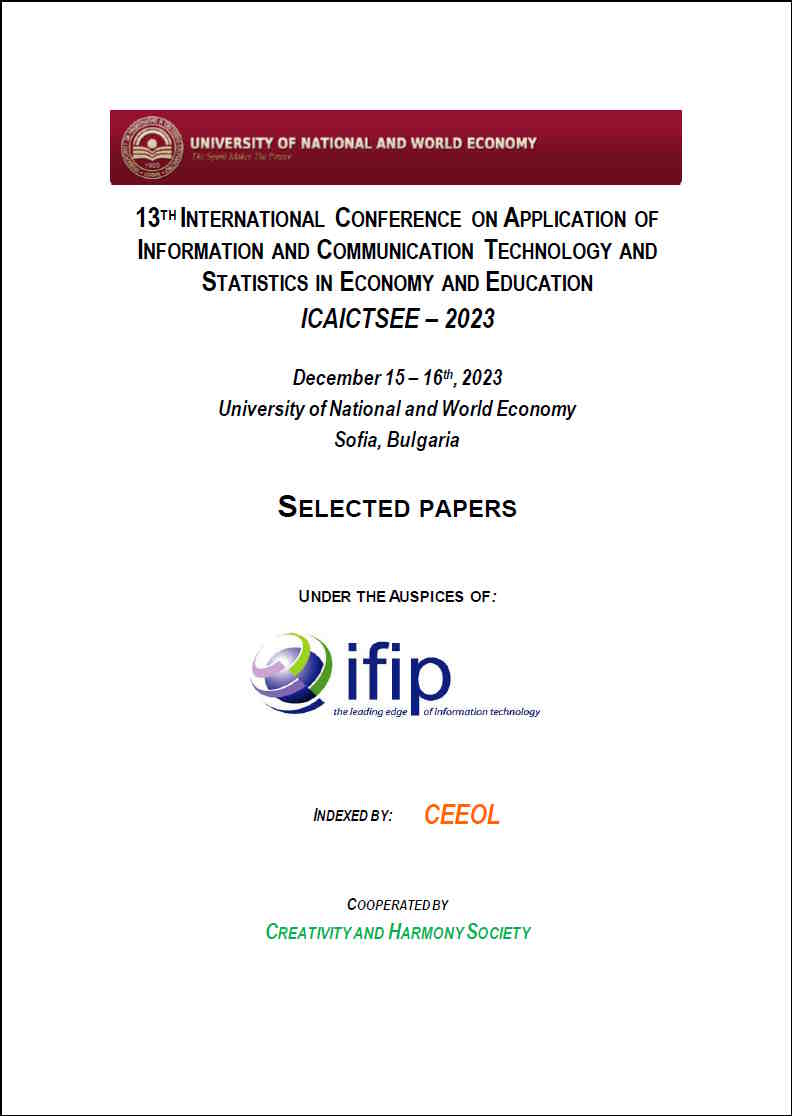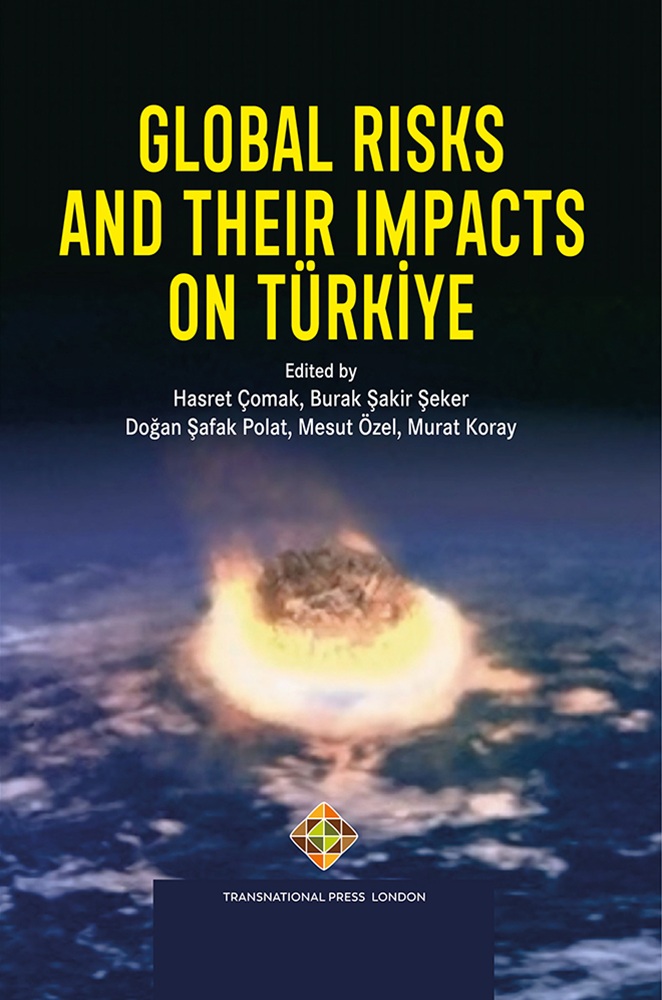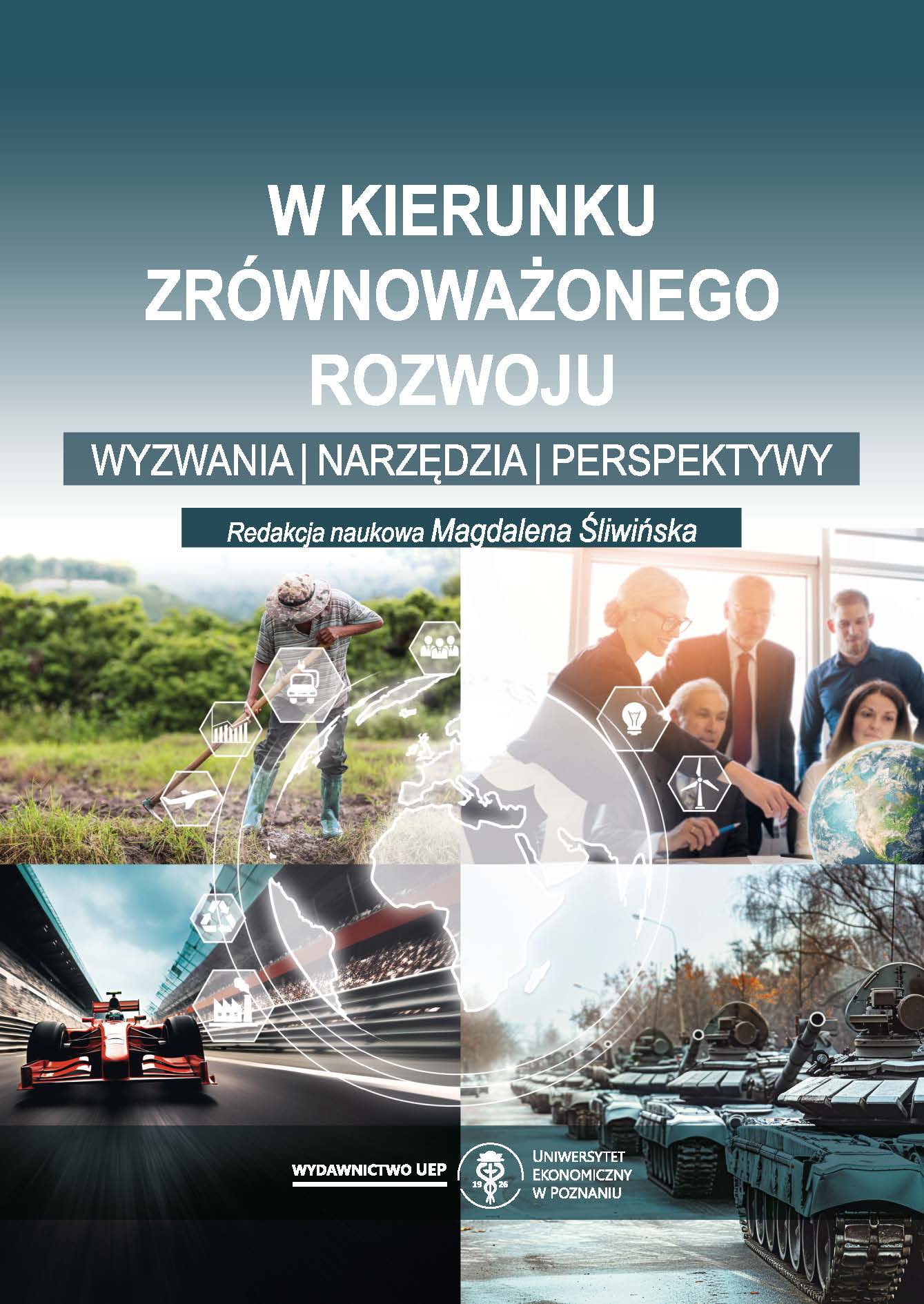Author(s): Zornitsa Stoyanova / Language(s): English
Publication Year: 0
The pollution of natural resources in Bulgaria and the pressure on ecosystems make environmental risk assessment a necessary tool to overcome or reduce the environmental challenges in the country. Many environmental challenges make the topic of ecological risk assessment in Bulgaria actual and of significant public importance. The causes of ecological risks are complex. With increasing environmental challenges, the assessment of these risks become more complicated and comprehensive and the assessment process in both global and regional contexts is dynamic, developing and changing. Risk assessment is a necessary tool for identifying environmental threats in order to be under-taken a response regarding them. The aim of the paper is to assess the ecological risk in Bulgaria, on this basis to identify the types of ecological risks and outline proposals for their prevention. The methodological framework of the article includes a theoretical review of ecological risk assessment, analysis of environmental indicators in Bulgaria for the period 2013 – 2022, assessment of environ-mental risks in Bulgaria based on a survey. The risk indicators that were assessed are contamination of land resources, contamination of water resources, air quality pollution, biodiversity damage, natural disaster, toxic waste contamination, radiation, pesticide contamination, extreme temperatures and climate change. On the basis of the analyses and assessments, generalized conclusions, proposals and recommendations for ecological risk reduction are prepared. Almost all environmental risks assessed are identified as critical, and the strategy that would be most appropriate to address critical risks is risk avoidance. The recommendations that are proposed are as follows: 1) at institutional level – implementation of systems for continuous monitoring of critical environmental indicators, developing early warning systems for natural disasters and climate change, supporting environmental projects and initiatives, and organizing educational campaigns to raise public awareness; 2)at business level – investment in fixed tangible assets with an environmental purpose, renewing facilities and equipment, investing in safe innovative green technologies, optimizing production processes and reducing production waste, building sustainable supply chains and incorporating sustain-ability into corporate social responsibility; 3) at community and the individual level – collective efforts involving education and awareness raising, sustainable urban planning, effective waste management, public participation and volunteering. These and other measures can help to promote environmental awareness among consumers, while at the same time to be supported policy decisions and initiatives that contribute to sustainable development. Implementing environmentally measures and activities at all levels – institutional, business and community in response to the threats would have asynergistic effect in terms of reducing ecological risk and overcoming environmental challenges.
More...








